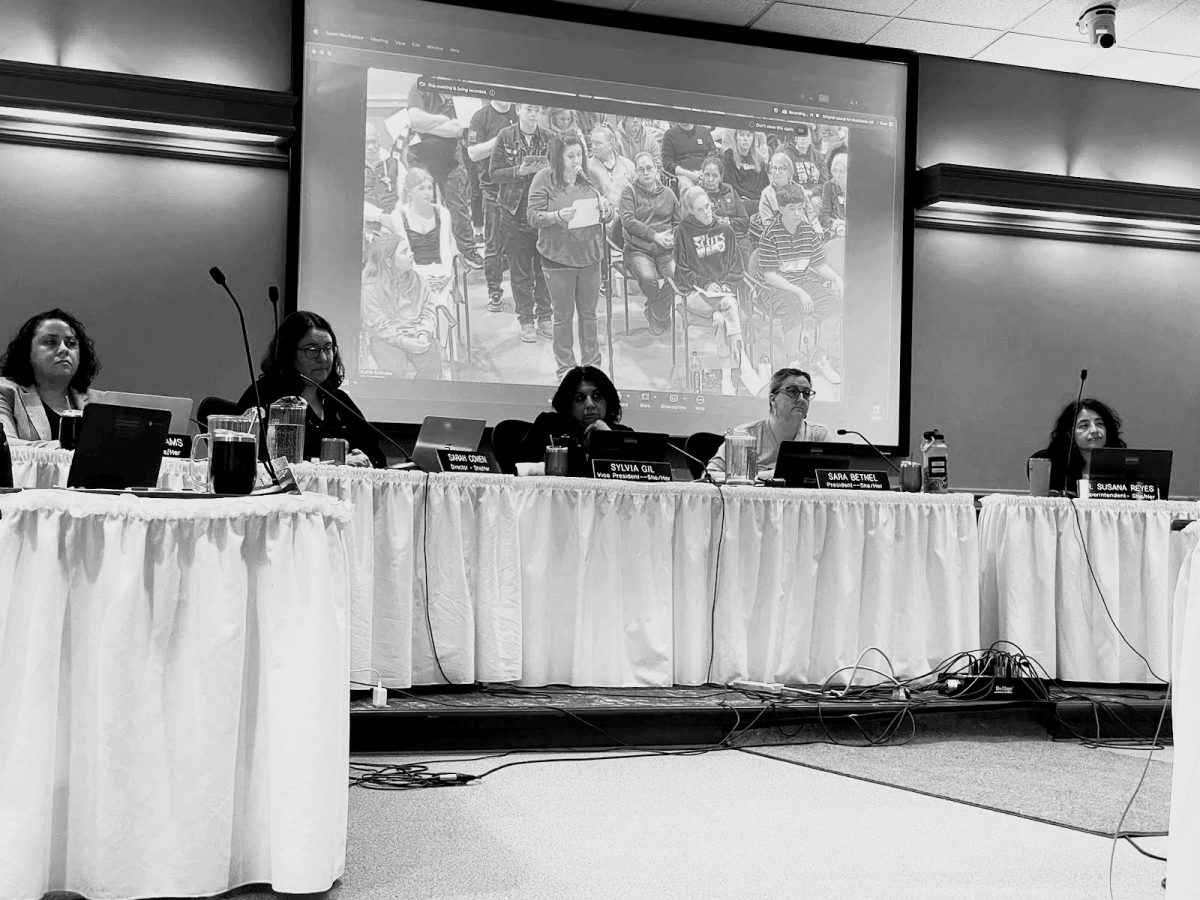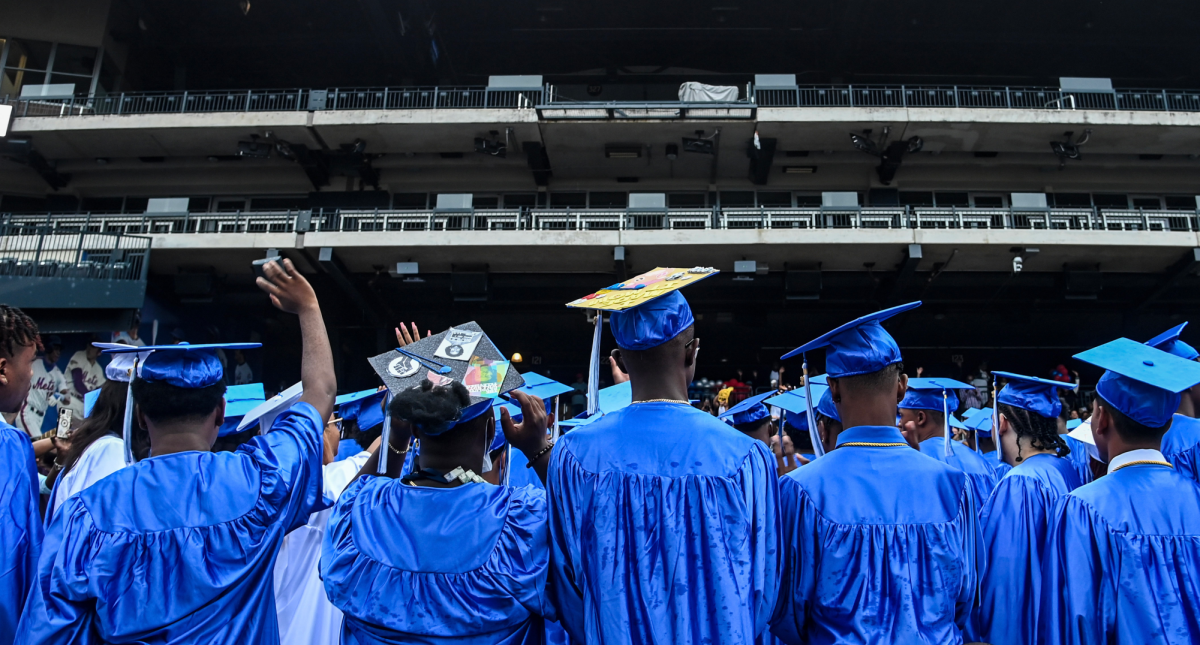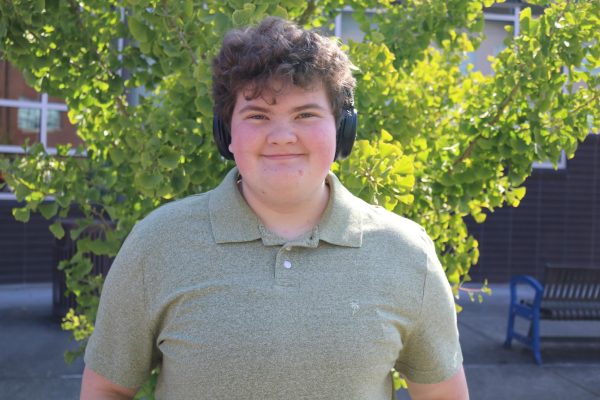The Filipino American Student Association (FASA) is a club for not only Filipino-American students but anyone who wants to learn more about Filipino culture. The leadership encourages people to come to the club to learn more. “I want people to think, ‘yes, I want to join this club because it’s fun and I want to learn more about its culture along with the fun activities that come along with it’,” Fran Luong, a sophomore and the president of the club, said. It meets in room 2109 (Marapao) every other Tuesday. “It’s a culturally diverse group of people and everyone can make friends and you don’t have to be Filipino to join,” said Ava Hernandez, sophomore and vice president. FASA is meant to build a community, and Luong feels like they achieved that. “It felt more like everyone’s voices were heard…it was really meaningful,” Luong said, when recalling a meeting from the prior year. One of their more recent club meetings involved karaoke. According to Luong, karaoke is very popular in the Philippines. “It was really important to Filipino culture, not only as kind of a way to gather, but I think a lot of Filipinos love to sing and love to have karaoke,” Luong said. The karaoke night involved Christmas music as well as various selections from the leaders of the club. Even Marapao joined in on karaoke. FASA participates in other events as well such as Filipino Heritage Night which is hosted by the city of Shoreline. Genevieve Fernandez, the dean of students and advisor of the club is helping host it as well. This year’s event was on Oct. 25. The club strives to teach, respect, and embrace Filipino culture.
The Hispanic and Latino Student Association (HLSA) is a safe space for any Hispanic and Latino students at Shorewood but anyone is welcome. They meet every other Wednesday in Belem Martinez’s classroom, 2209.
The club is meant to offer resources, support, and outreach to any of these students while also providing others to learn more about Hispanic and Latino culture. “[One of the purposes of the club is] making sure we’re getting those resources to those students either at school or for their life outside of school and also sharing our traditions, our holidays, our games,” said Vanessa Cruz-Perez, sophomore and co-president.
Bibi Chavez, fellow co-president and sophomore, also emphasized the importance of learning about Latino culture to avoid stereotyping. “They (non-Latinos) think we all celebrate the same things, they think we all eat the same things but that’s not the case,” Chavez said. The club is in both Spanish and English so no student feels like they only can speak one of the languages. “So we [don’t make the students who are] only speaking English or only speaking Spanish feel excluded, we try to interchangeably use [both languages] to be welcoming because… our purpose is to [make] people [feel] included” Chavez said.
One of their upcoming events is ofrenda-making. Ofrendas are part of a tradition based primarily in Mexican culture. It involves honoring a dead loved one, such as a family member or even a celebrity, and creating an altar for them that honors their favorite things, their favorite foods, as well as a picture of them. HLSA plans to have club members bring in food and photos and decorate the ofrendas. The event will happen tomorrow, on Saturday, Nov 2.
East African Club (EAC) is meant for East African students who want to connect with their peers in a space not only to talk about their experience but learn about the cultural diversity in those countries. It meets in the library every other Friday during SAS. The club is also intended for students who want to learn about the culture and food of various countries throughout East Africa. Some East African countries including Eritrea, Ethiopia, Burundi, and Madagascar. The club is led by seniors Naomi Tekie and Liya Melaku. Melaku discovered the club through one of the leaders of Black Student Union, who also led EAC. After discovering the club, she decided to join just because of how great it sounded. “It was so much fun because when I joined the club, the main people were either Ethiopian or Eritrean but we didn’t just focus on those two. We focused on… other countries and other cultures, so I’d really like that,” Melaku said. Tekie was actually recruited by that same member for the East African Club. During club meetings, the club will discuss different cultures around East Africa and do trivia. They also use meetings to discuss their experiences. “There are some times where it’s an affinity group where we talk about our struggles,” Tekie said. Adding to Tekie, “And at the school like what we experience here too,” Melaku said. East African Club is meant to build community. “My goal for the East African club is to make it a great space where everyone can hang out and have fun,” Tekie said.
Japanese National Honor Society (JNHS) meets in Mr. Thompson’s room, 2305, every other Tuesday. President Daisy McLean says she thinks she was “raised more Japanese than American” and was thrilled when she found a club where she could share her culture with others. Shorewood’s Japanese National Honor Society is just one of many nationwide. The JNHS official website states that 1,735 students were initiated this year alone. Participating in the club earns you a special cord when you graduate. But the real perk comes from participating in understanding other points of view. The club spends its time “working together to bridge the gap between American and Japanese culture.” The club even participates in Ohanami, later in the year in April. Ohanami means flower-viewing in Japanese, and it’s just that. The club goes down to the UW campus and watches the Sakura flowers bloom. McLean also emphasizes that this club is for anyone, not just those of Japanese heritage. All are welcome.
Taiwanese Culture Club (TCC). Nina Chen was born in the United States, but spent the first 15 years of her life in Taiwan. When she moved back to the U.S. during her sophomore year, she approached Mr. Bishop to start a Taiwanese Culture Club. She wants people at Shorewood to learn about the differences and similarities between Taiwanese and American culture. Chen, a senior this year, hopes that after she graduates more people will join the club to help pass on the culture. She also wishes that a more diverse crowd will find themselves interested in Taiwanese culture. Each meeting they have a small presentation before digging into the food they brought to share with the club. The Taiwanese Culture Club is big on community, with conversations happening between each member and a general joy for connection. Chen hopes that all people, regardless of background, will come to share their culture in Room 2508 every Tuesday.








